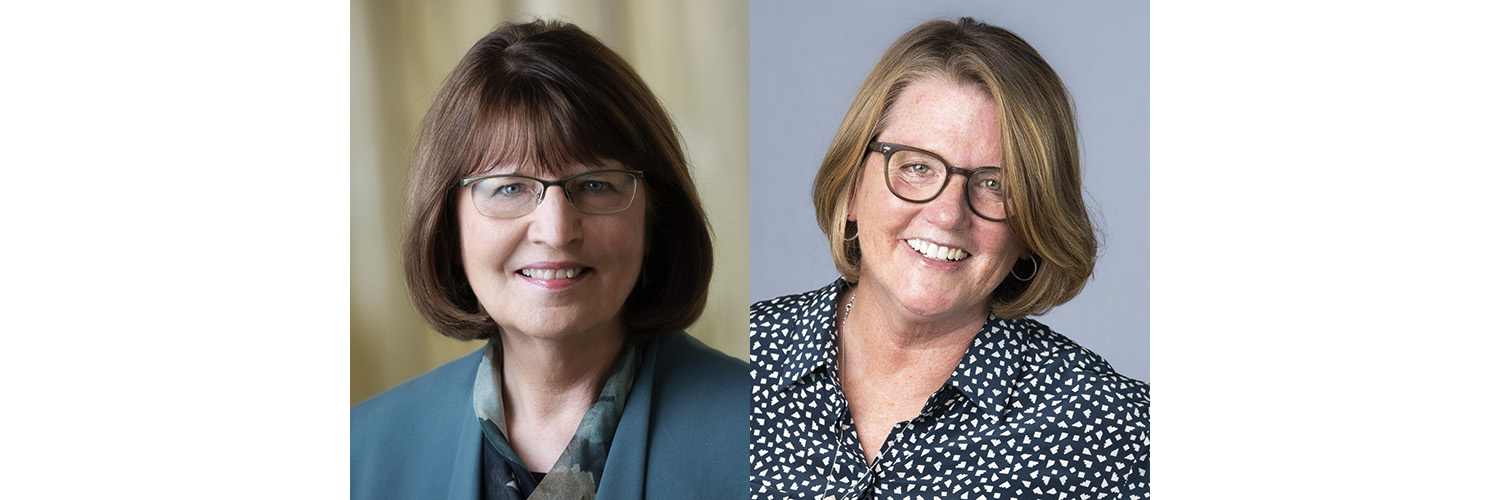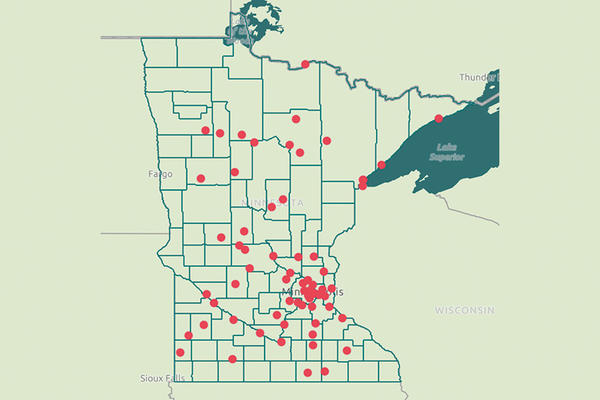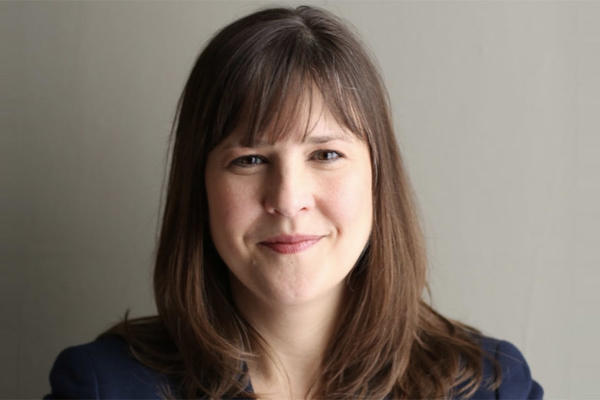ECHO program initiated during pandemic broadens its purpose, reach
May 7, 2024

Christine Mueller and Siobhan McMahon
In 2020, the National Nursing Home COVID-19 Action Network was launched by the Agency for Healthcare Research and Quality and the Institute for Healthcare Improvement to support nursing homes’ response to the devastating effect of COVID-19. This network included an Extension for Community Outcomes (ECHO), an all-teach, all-learn approach that focuses on peer-to-peer learning and collaborative problem-solving.
Topics during the 1-hour, biweekly meetings after the first 16 weeks of ECHO have expanded because of feedback from attendants. The focus on quality and infection prevention fundamentals in 2020 have been broadened to include issues on emerging policies and practices, such as those related to CBD/THC, cognitive assessment and support, and trauma-informed care.
Professor Christine Mueller, PhD, RN, FGSA, FAAN, and Associate Professor Siobhan McMahon, PhD, MPH, GNP-BC, members of the Center for Aging Science and Care Innovation, continue to serve as two of the leads of Minnesota Geriatrics ECHO.
Together with interprofessional partners, Terry McCarthy, MD, from the medical school, Rajean Moone, PhD, faculty director for long-term care administration in the College of Continuing and Professional Studies, Emily Escue, MD, from Hennepin Healthcare, Kari Everson, DNP, MHA, RN, PHN, LNHA, LALD, from Evercare Aging Services, Christina Cauble, MBA, LNHA, HSE, a geriatrics education specialist from the University of Minnesota School of Medicine, and Adam Suomala, MPA, the executive director for the Minnesota Leadership Council on Aging, they have developed and delivered ECHO meetings. The meetings include 30 to 60 long-term care administrators and clinician participants.
Whether exploring new mental health resources for staff or palliative care supports, the ECHO meetings focus on the sticky conversations where different perspectives can improve a shared understanding. In addition to broadening topics, Minnesota Geriatrics ECHO has also broadened its reach to include not only representatives from nursing homes but also representatives from assisted living organizations. Plans are to continue the Minnesota Geriatrics ECHO to support dynamic topics that drive quality improvement across long-term care settings. For more information or to learn how to join the conversation, visit the Minnesota Geriatrics ECHO website at www.mngeriatricsecho.org.


